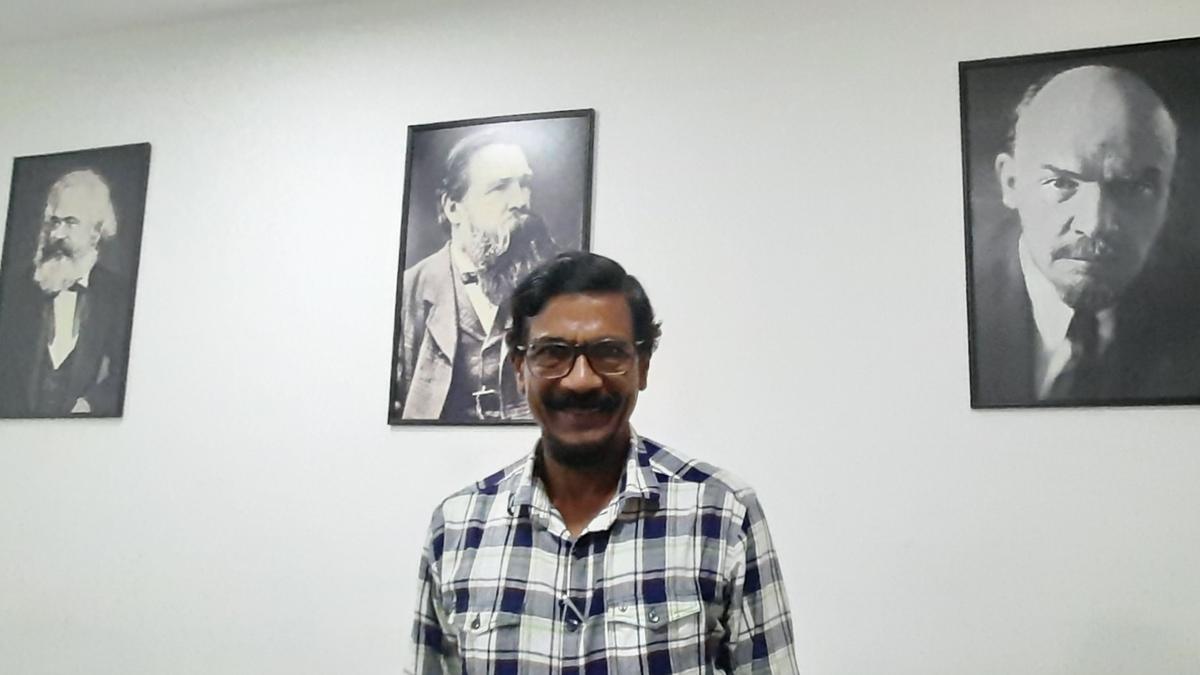
JVP now has a chance to rewrite history, says party’s general secretary Tilvin Silva
The Hindu
‘Current political moment in Sri Lanka gives JVP a chance to rewrite history’
The Janatha Vimukthi Peramuna [JVP or People’s Liberation Front], which leads Sri Lanka’s ruling National People’s Power [NPP], could not have risen to power without widening its appeal and building a mass support base over the last few years, and the current political moment affords the party a chance to rewrite its history, general secretary Tilvin Silva said.
“When you want to obtain power, you need a mass support base,” he said on Friday, just as the NPP’s resounding win in the November 14 general elections became evident. Speaking to The Hindu at the party’s headquarters in Battaramulla near Colombo, Mr. Silva called the election win “a huge achievement”. “In particular, the victory in Jaffna and in the upcountry area, where we were able to defeat deeply entrenched traditional parties and political families. This gives us a real chance to build a united country,” he said, referring to the JVP’s historic win in the Tamil-majority northern district.
The party that once vehemently opposed Tamils’ political rights won three seats in Jaffna, outdoing traditional Tamil parties that were the community’s main voice in national politics. In Nuwara Eliya district, in the central hill country that is home to Sri Lanka’s famed tea estates and Malaiyaha Tamils who toil in them, the NPP won five seats and nearly 42% of the vote share.
Barely two months after President Anura Kumara Dissanayake was elected President, the NPP fought Thursday’s election knowing it would win. “Even those who were sceptical of us earlier began seeing that we were very committed to rebuilding the country, its political culture and economy,” Mr. Silva said.
“We began appealing to more people just in the last one and a half months.” However, the NPP did not project a two-third majority, which is hard to obtain in Sri Lanka’s proportional representation system. On election day, Mr. Dissanayake said he expected “strong representation” in parliament, and that two-thirds would not be necessary.
Mr. Silva told local media on Friday: “We did not ask for a two-thirds majority. The public believed in us and gave us this power. Our responsibility is to carefully use this power and to safeguard their trust.”
Set up in 2019, the NPP is a broad social coalition rather than a conventional electoral alliance of different parties. It identifies as a “political movement”, comprising 21 diverse groups, including political parties, youth and women’s organisations, trade unions and civil society networks. The JVP remains its chief constituent, making up its political core. All the same, party general secretary Mr. Silva did not run in the elections, deciding to keep the party and government separate.











